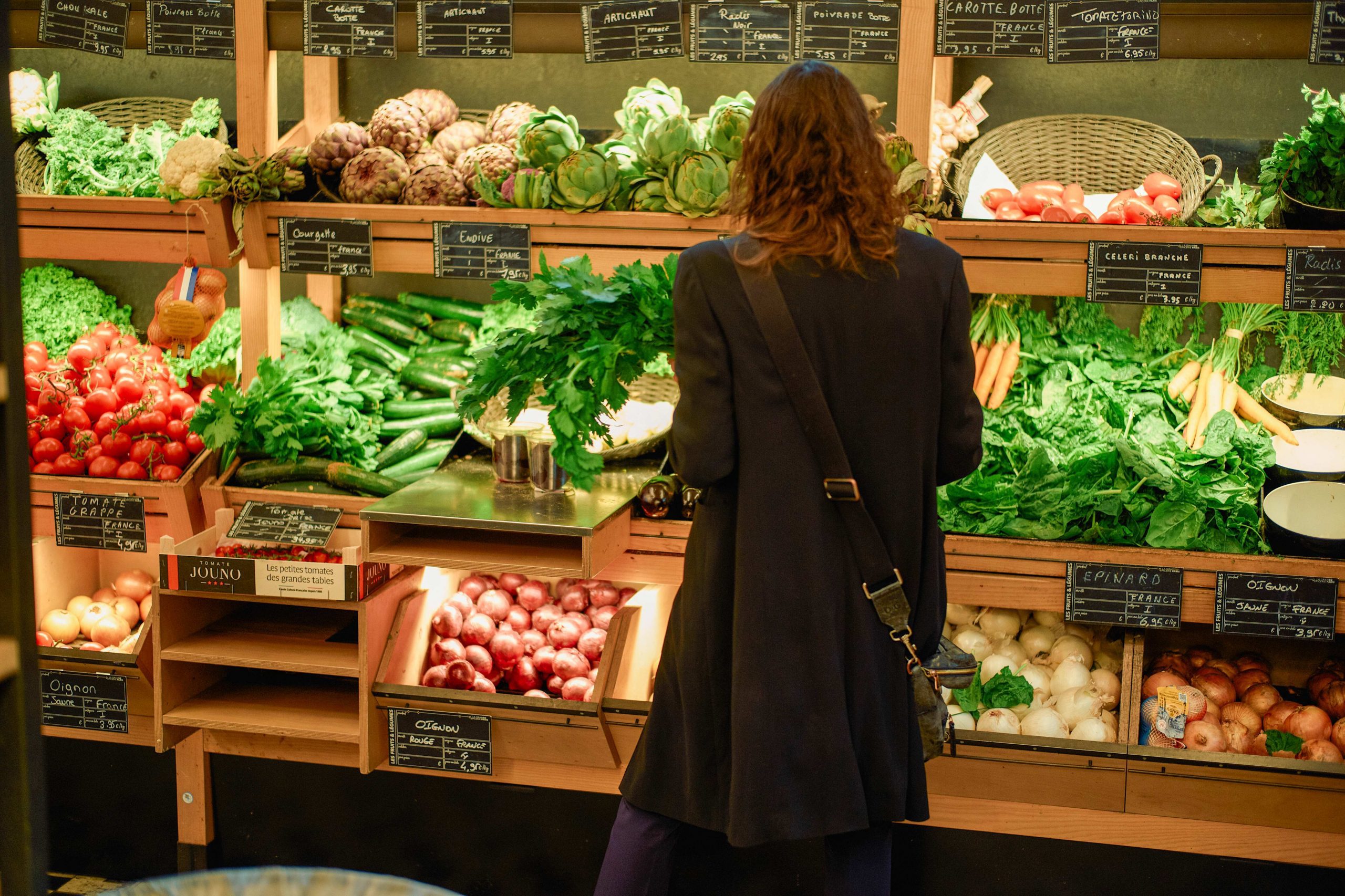
The research team led by project manager Dr. Wolfgang Ziniel from KMU Forschung Austria has published a study on the importance of food retail for local supply in Austria. This study is based on a spatial and structural analysis of Austrian municipalities without local food retail supply in 2023.
In this study, the term “local supply” refers to a food retail location in the municipality where the consumer lives. This includes a wide variety of business types such as supermarkets, hypermarkets, general stores, and very small food retail outlets.
Food retail provides consumers with access to everyday goods. It is also closely linked to social resilience and social cohesion, as it offers employment opportunities and serves as a social meeting place.
The aim of the study is to highlight the central importance of food retail for local supply and to promote the future viability and security of local supply. The starting point for this is data on Austrian municipalities with and without local food retail supply in 2023.
This data forms the basis for spatial analysis (including differentiation by federal state and municipality size class) and structural analysis (including location distribution and density).
In 2023, there were 389 municipalities (18%) across Austria that did not have any local food retail outlets in their municipal area. As a result, around 411,000 people (4.5%) in Austria live in municipalities without local LEH. In Lower Austria and Upper Austria alone, more than 100,000 residents are affected.
The study shows that the lack of local food retail supply remains predominantly a rural phenomenon. Of the 389 municipalities affected, 370 are located in rural areas. It is not only the type of area that has an influence, but also the size of the municipality: small municipalities (up to 1,500 inhabitants) are clearly overrepresented among the municipalities without supply.
